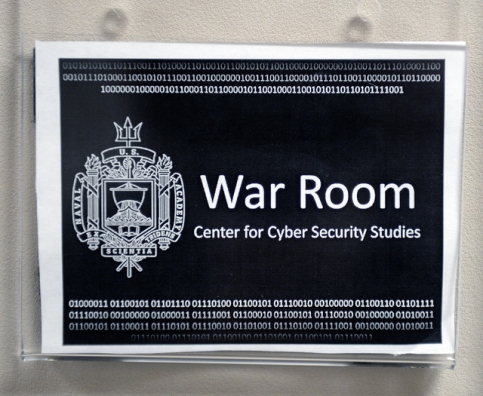 The Russian cyber-hacking of the Democratic National Committee, as reported by multiple cybersecurity organizations, is only the latest unacceptable and unlawful activity by that state. Russia has acted in flagrant violation of international law and wanton disregard for the rights of other nations. It is time and past time to take action in response….
The Russian cyber-hacking of the Democratic National Committee, as reported by multiple cybersecurity organizations, is only the latest unacceptable and unlawful activity by that state. Russia has acted in flagrant violation of international law and wanton disregard for the rights of other nations. It is time and past time to take action in response….
Six types of actions should be undertaken. First, the U.S. should immediately sanction the groups associated with the attack. Utilizing financial and similar sanctions would undercut Russia’s ability to operate front companies, engage in financial transactions and utilize the cyber-infrastructure necessary to undertake such cyberattacks. The U.S. should also seek comparable action from allies and partners….
Third, the U.S. should discuss with allies expanding and strengthening economic sanctions against Russia. Such sanctions have already been undertaken with the European Union and extend through the end of this year because of Russia’s actions in Ukraine. The DNC attacks are a strong reason for the continuation of such sanctions for an extended period of time….
Fifth, NATO needs to develop and exercise cyber-capabilities to ensure resilience of military, telecommunications and electric grid networks. NATO is currently building up its conventional forces in the face of threatening Russian actions, but modern forces rely heavily on networks that are all too vulnerable, particularly in NATO’s frontline states. These networks must be secure in order to support conventional forces. The U.S. could also take the lead in helping frontline states such as the Baltic nations and Poland to create greater resilience for their networks….
Cyber has become a dangerous domain utilized by Russia and other states as an element of continuous low-level conflict. Regrettably, the delayed and lackluster response to Russia’s actions likely only emboldened Russian leaders. Actions taken in line with those recommended here are necessary both to respond to Russia’s actions and to deter such actions in the future. The international community needs to act promptly and effectively to meet this challenge and show that lawless, strong-arm tactics that affect the integrity of democratic institutions, as well as national critical services, such as the electric grid and telecommunications, will not be accepted. The United States can and should lead this effort.
Franklin Kramer is a distinguished fellow and board member at the Atlantic Council and a former assistant secretary of defense. Robert J. Butler is an adjunct fellow at the Center for a New American Security and served as the first U.S. deputy assistant secretary of defense for cyber policy. Catherine Lotrionte is the director of the CyberProject in the School of Foreign Service at Georgetown University and former counsel to the president’s foreign intelligence advisory board and former assistant general counsel at the Central Intelligence Agency.
Image: US Naval Academy exercise site, April 12, 2016 (photo: Marvin Lynchard/Department of Defense)
